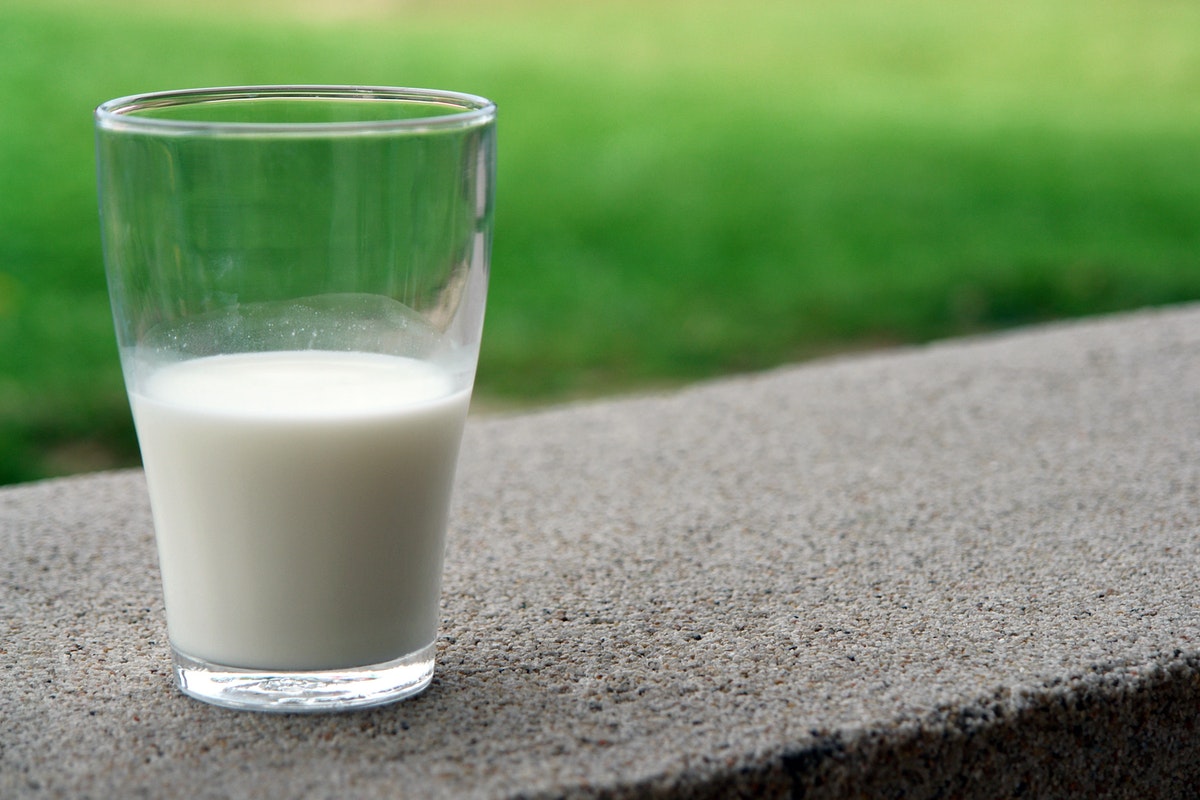Many nutrients are essential for maintaining good health. But, today’s lifestyle and diet are rich in sugar, grains, and saturated fats. Hence, our body cannot get all the nutrients required by our body, which leads to deficiencies. According to CDC’s nutrition report, around 10% of Americans have at least one nutrition deficiency. There are many nutrition deficiencies. Some of them are scarce, and some others are prevalent. In this post, we have listed some widespread nutritional deficiencies. We have also mentioned some rich sources to increase your nutrition intake and fight against deficiencies.
Iron deficiency
Iron is required by our body to produce hemoglobin, which is the oxygen-carrying protein found in red blood cells. It can lead to anemia, a medical condition where hemoglobin count is low. Some common iron deficiency symptoms are chest pain, fatigue, dizziness, headache, and shortness of breath. Toddlers and pregnant women are at the highest risk of having iron deficiency. But, even menstruating women can be at risk due to blood loss.
Some of the best dietary sources for iron include red meat, organ meat, shellfish, beans, seeds, green vegetables. If you can’t get enough iron supply from your diet, you can also go for a liquid iron food supplement.
Vitamin D deficiency
Vitamin D is an essential vitamin used as a fat-soluble and crucial for bone health. Deficiency of this vitamin can lead to bone problems, including conditions like osteoporosis. Some common symptoms include hormonal imbalance, high blood pressure, low immunity, low bone density. People who are old and dark are at the highest risk of vitamin D deficiency. In the USA, around 42% of people are vitamin D deficient.
The number increases to 74% and 82% in older and dark people, respectively. With enough sunlight, our body can produce vitamin D. Hence, this vitamin’s best natural source is sunlight. You can also consume vitamin D from salmon, cod liver oil, egg yolks, trout, mushrooms, and fatty fish.
Calcium deficiency

Calcium is another nutrition essential for bone health.It is also crucial for muscles and nerves. Since this mineral is directly related to bone health, the most common symptom indicating its deficiency is osteoporosis. Some other symptoms include irritability, muscle cramping, dental problems, and brittle fingernails. Women who have reached menopause are at the highest risk of calcium deficiency.
This is because, after menopause age, women’s bones start losing bone density swiftly. Also, vegans are at increased risk of calcium deficiency. The best sources for calcium are boned fish, broccoli, dark green vegetables, tofu, dairy products, and kale. Or, as like all other vitamins and minerals, you can also take supplements for calcium intake.
Iodine deficiency
Iodine is crucial for thyroid hormone production. The thyroid hormones are required for appropriate brain development, regulating body temperature, growth, metabolic rate, bone maintenance, and many other bodily processes. Almost one-third of the population of the entire world is affected by this deficiency. This deficiency’s typical symptoms are fluctuation in heart rate, neck swelling, dry skin, and unexplainable weight gain.
People living in river valleys and mountainous areas are the ones at the highest risk. This is because the soil, and hence the crops in these areas, are iodine deficient. Our body cannot produce this mineral. Hence, the only way to get iodine is through food and supplement. Some of the best food sources are seaweed, dairy products, eggs, fish, soy milk, and iodized salt.
Vitamin B12 deficiency
Vitamin B12 is needed for nerve and brain functioning and also for blood formation. The deficiency is common because, like iodine, our body cannot produce this mineral. Hence, it is only a balanced diet that can help you prevent the vitamin B12 deficiency. Some common symptoms of this deficiency include pale skin, diarrhea, constipation, and numbness.
As with many other vitamins, even vitamin B12 is absorbed in the stomach. Hence, people with health conditions associated with the stomach or small intestine are at the highest risk of developing this deficiency. Also, vegetarians and vegans are at high risk. The best vitamin B12 sources are clams, organ meat, eggs, dairy products, shellfish, meat, and fortified foods.
While the deficiencies mentioned in this list are the most common ones, there are several others. Nutrition deficiencies can lead to many health problems and medical conditions. That said, it is essential to prevent them from leading a healthy life by consuming a balanced diet. But, you can also take supplements to aid your health if necessary. By either means, your primary goal should be to consume every important nutrition and prevent deficiencies.